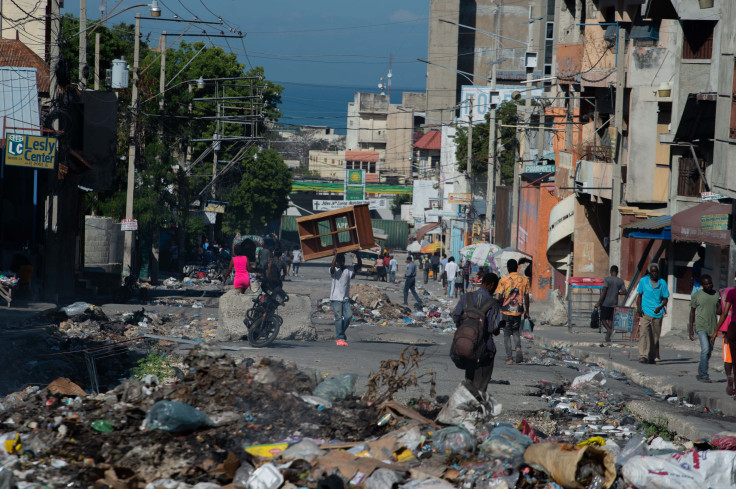
Haiti's transitional government must refrain from holding elections until it manages to provide some security and governance to the country, according to recommendations from a new report by the International Crisis Group.
Establishing a political assembly to address internal disputes, forming a National Security Council, and enhancing anti-corruption measures are among the steps urged to restore public trust, reads a document addressing the Caribbean country's current crisis, which has deteriorated over the past months.
Political infighting and corruption allegations have hindered the transitional government, which was formed in April 2024 to organize a path toward Haiti's first elections in nearly a decade. The appointments were intended to provide stability, but internal tensions have led to further dysfunction. Some factions are calling for a complete restructuring of the administration, while corruption allegations against three council members have further damaged credibility.
At the same time, gang violence has escalated. Armed groups control more than 80 percent of Port-au-Prince and continue to carry out violent attacks, including four massacres in the past five months that have left approximately 400 people dead, the report added. Despite the presence of an international security mission that includes Kenyan police officers, progress in curbing gang influence has been limited. The gangs maintain control over key transportation routes, complicating efforts to deliver aid and establish security.
Holding elections under such conditions presents serious risks, according to the group. While Haiti aims to hold a constitutional referendum and national elections in 2025, preparations have been slow. Electoral bodies were only appointed in December, and the country still lacks an updated voter register. Low voter turnout and the potential for gang intimidation could undermine the legitimacy of any election held in the current climate.
Foreign security assistance remains uncertain. The United States, Haiti's primary donor, has partially frozen funding under the Trump administration, raising concerns about future security operations. The international security mission has also faced funding shortages, with fewer than expected personnel and resources arriving in the country. The United Nations is weighing financial and logistical support options, including a proposal to convert the Kenyan-led force into a UN peacekeeping operation, which would provide more stable funding and resources.
Haitians in the U.S. are facing increased instability as the Trump administration rescinded last week the extension of Temporary Protected Status (TPS) for over half a million Haitians, who will now face deportation to the war-torn country once the protection ends in August.
The Department of Homeland Security (DHS) announced last Thursday that the 18-month extension, announced by former Secretary Alejandro Mayorkas during the Biden administration, will no longer be in place. That way, TPS for recipients will end in August 3 of 2025 rather than February 3 of next year, the Miami Herald reported.
© 2025 Latin Times. All rights reserved. Do not reproduce without permission.




